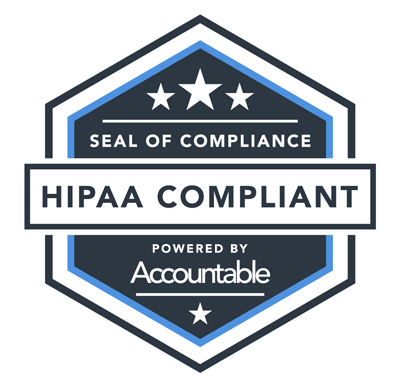Sometimes evolutionary change is initially puzzling. While the debate has already started, two updates (Sections 4.3 and 7) in Version 3.5 of CMS’ Workers’ Compensation Medicare Set-Aside Reference Guide published earlier this week may have just marked the end of evidence-based, non-submit MSAs.
WHAT HAS CHANGED?
While Section 4.3 does not strictly prohibit evidence-based, non-submission MSAs, it creates a presumption that they are at least illegitimate and perhaps even a “potential attempt” to defraud CMS.
“Unless a proposed amount is submitted, reviewed and approved using the process described in this reference guide prior to settlement, CMS cannot be certain that the Medicare program’s interests are adequately protected. As such, CMS treats the non-CMS-approved products as a potential attempt to shift financial burden by improperly giving reasonable recognition to both medical expenses and income replacement.”
Practically speaking, CMS threatens to use their regulatory authority under 42 C.F.R. 411.46 to demand “complete exhaustion of the net settlement amount” before providing payment of injury-related medical needs of the claimant post-settlement.
WHAT COULD IT MEAN FOR EVIDENCE-BASED MSAs?
The comet streaking across the sky with Section 4.3 is that negotiated settlement allocations may be completely ignored by CMS if the MSA is not submitted and approved. Net settlement dollars earmarked for income-replacement, non-Medicare-covered medical needs, or other purposes may be required to be spent on Medicare-covered expenses by CMS.
With this strategy, CMS does not need to clash with state workers’ compensation courts’ written settlement agreements to protect the Trust Fund; they can simply refuse to pay for the claimant’s Medicare-covered services. The overall impact could be to fundamentally change the value of the settlement for the claimant.
Given that evidence-based MSAs were designed to replace CMS pricing methodologies—especially on prescription drugs—with market-based calculations, it seems highly unlikely that CMS will agree such MSAs are sufficiently funded. While non-submit MSAs that adopt CMS pricing methodology but seek to avoid delay in settlement process may survive these changes, the negative presumption is daunting and may shift the cost / benefit analysis for both sides of the settlement table.
In addition, Section 4.3 raises issues about the efficacy of indemnification and insurance policies frequently associated with evidence-based, non-submission MSAs. If litigation ensues, could a court interpret this new language to find that evidence-based MSAs are fraudulent?
STILL WANT TO SAVE ON MSAs? STRUCTURES ARE CMS APPROVED
The full impact of Section 4.3 will be debated and clarified over time. Our colleagues at Examworks’ and others have raised some important questions in their written commentary since Version 3.5 was published on January 11th.
But here’s what is clear: If you want dramatic savings—an average of 38%–while providing the claimant with every dime allocated in a CMS-approved, full-submission MSA, then use a structure. Structures are CMS-approved and benefit both sides of the settlement. For anyone reassessing an evidenced-based, non-submission MSAs strategy, think about the following features of a structured MSA. Structures…
- Provide an average of 38% savings per submitted and approved MSA
- Avoid Section 4.3 CMS scrutiny because it’s expressly approved by CMS
- Benefit the claimant because the savings do not diminish the payout
- Ensure claimant’s peace-of-mind because CMS funds annual shortfalls
- Protect MSA funds with time-release feature (esp. w/ Professional Admin)
- Allow reversionary options (with the structure itself or in settlement terms)
- Permit growth features (COLAs, ILAPA, etc.) to hedge against inflation
So, while the smoke clears over Chicxulub, there is a safe, highly-effective, CMS-approved, claimants’-champion way to save 38% on your MSAs which is already immediately available to you. There is no risk. There is no debate. It’s simple: submit a structured MSA.
If you are curious about the details or want to discuss Chronovo’s unique programs to provide structures on every MSA automatically from the outset, please check us out at www.chronovo.com or call Mike Hernandez at (909) 767-8318 or e-mail him at mhernandez@chronovo.com.



